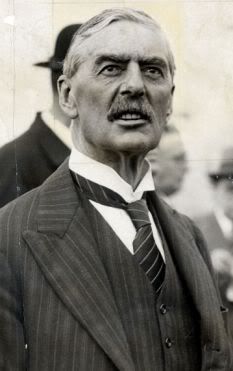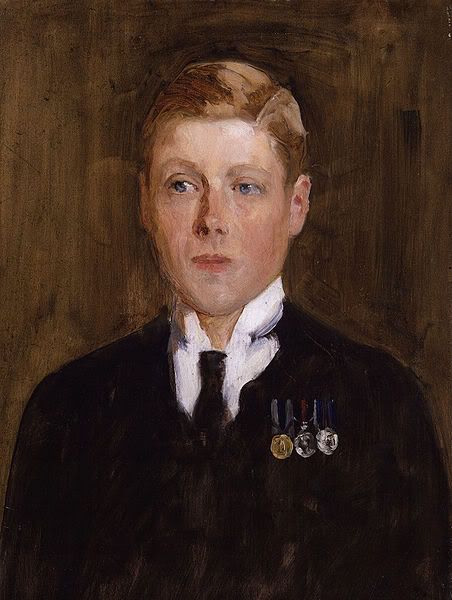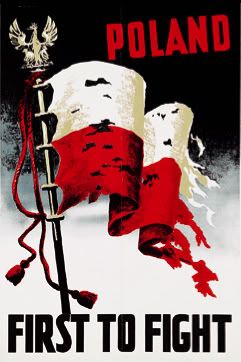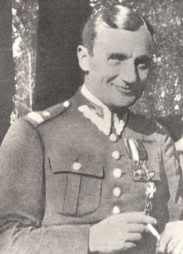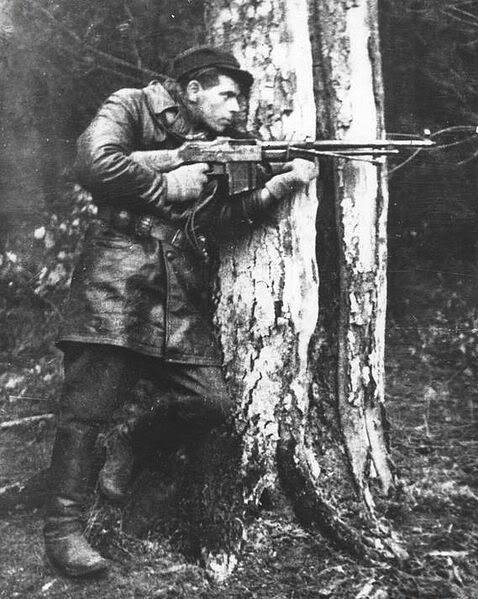Chapter twenty: The Pact of Steel
One of the topics that Chamberlain had to deal with was the Pact of Steel, known formally as the Pact of Friendship and Alliance between France and Italy. It was a year old pact, true, but London was still doubtful about it. Apparently, the pact was to link their foreign policies (to achieve this, both government would enter into mutual consultation) and full military support of the signatories should the other country go to war.

The Pact looked as if Italian was abandoning her neutrality in the Mediterranean but, even then, to London the Soviets where the real danger. For a while, No. 10 sighed, the Empire and the world would have to remain idle about the Axis Paris-Rome. At least, as someone whispered to the PM's ear, "they're not a pack of Reds". What really worried Chamberlain was a memorandum that, placed on his desk, looked as dangerous as a Black Mamba: it stated, plainly, that the greatest peril the Empire may face would come from Soviet-inspired agitation, at home, in the Colonies, and in friendly countries and Dominions. And what worried Chamberlain the most, both the Home Office AND the Foreign Office agreed on that. To have both ministers agreeing upon something was such a novel idea that Chamberlain could not help rolling his eyes, appalled.
Worse still, the French armed forces were undergoing a complete refit. While the Bloch MB 151/152 and Morane-Saulnier M.S.406/410 fighters were almost on par with the Hurricanes (some brilliant mind had finally seen that the main problem of the M.S.406 was his engine and the result of this was a redesigned fighter, the M.S. 410 with a new and more powerful engine and, a new and more aerodynamic engine cowling. These changes boosted the speed to 326 mph (525 km/h) -1-), the Armée de l'Air was eagerly waiting for the new Dewoitine fighter, the D.520, wihch would enter into service in 1939, and it was receiveing new attack planes like the Potez Po 633 and the Breguet Bre 633 -2-. In addition to this, new and more powerful tanks were rolling out from SOMUA production lines and new machine guns, rapid-fire rifles, and submachine guns were being issued to the French infantry.
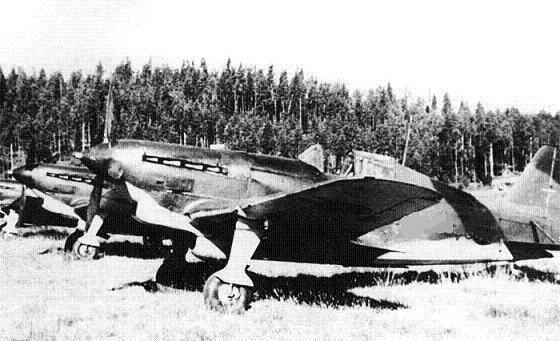
Two brand new MS 410 seen in an air base somewhere in the Ardennes forest
Meanwhile, the Second Sino-Japanese War threatened to widen its horizons. As a part of the blocakde against the coast of China, Japanese aircraft attacked and sank the American gunboat USS Panay (and other American and British warships) on December 12, resulting in three casualties, thirty wounded and massive disputes between the American and Japanese governments. The American ambassador to Japan, Joseph C. Grew. Grew, whose experience in the foreign service spanned over 30 years, "remembered the Maine", and hoped to avoid a similar situation. Tokio did not want further complications, apparently, and took full responsibility for the incident, even if it keep claiming that it had been a mistake. Thus, the matter was settled on the 24th of December with Japan apologizing and paying over 2 million US dollars in repairments.
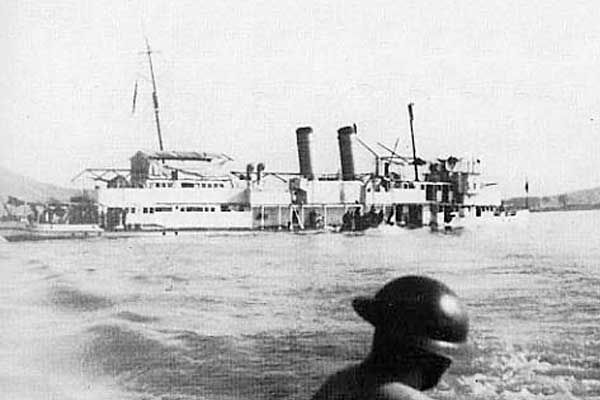
The Panay sinking after the Japanese air attack.
In the end, this incident proved quite harmful for Tokio, as the Japnese government thought that, apparently, Washington had no stomach for even complaining and could be bought off any conflict. Unaware of this, the Imperial Japanese army kept advancing through China, On 13th of December 1937, the forces of General Iwane Matsui took Nanjing. The Chinese troops, fleeing from previous defeats such as the Battle of Shanghai, just run away from the advancing Japanese army. Once the city fell, three days of carnage, mass-murdering and devastation followed. In spite of Matsui's reaction to put and end to the massacre, it was too late. With tears in his eyes, he rebuked the officers and soldiers under his command, that atrocities done by a part of the army had damaged the reputation of the empire, such a thing should not happen in the Imperial Army, they should maintain discipline strictly and should never persecute innocent people, and so on. He was soon recalled to Japan and then Matsui retired from the military.
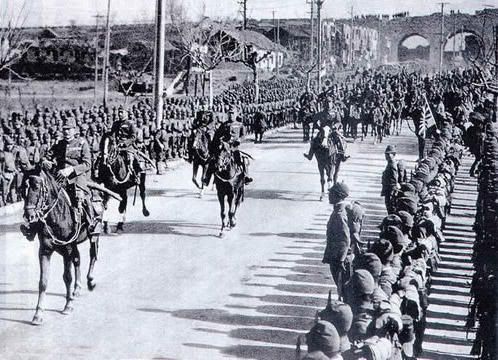
Iwane Matsui rides into Nanking and into his final demise.
-1- Basically, the "new" MS410 is a Frenchized Mörkö-Morane, so to speak.
-2- The French IA is going mad with her military tecnos.
@trekaddict: In due time, all in due time...
@Nathan Madien: I remembered a game called Warhammer 40,000 and the chit-chat of the Orcs... I couldn't help...
@Razgriz 2K9: Guderian and Rommel are still around.
@El Pip: Nothing, but the Tetrat is still a bit far away in time and Paradox selected the Mk V. I got lazy, Peti was lazy, too, we didn't look elsewhere for alternatives -quite unorthodox to be me, I admit. But don't worry. There will be plenty of time to enjoy the adventures and the qualities of the good old bad British light tanks!!!
I must admit, my dear brethern in the AARland: I went for a Wolsey tank instead of going after a rank of the church because I was afraid of having a shitty tank named Cardinal and getting god old Pippy bitting my arse by stating that "someone has commited a Cardinal sin". And also because good old Wolsey deserved some kind of "immortality" for having to stand up for Anne Boleyn (my dear Anne knew too well how to bitch you when she wanted) and Henry VIII and not going too mad.
A TTL Crammer... equivalent of the OTL Crocodile flame tank. Melikesit. Perhaps the Cromwell tank will end called like that not because of Oliver but because of Thomas (that reminds me that I dislike a lot this two SOBs. I've to do something about it. And no, I don't mean going backwards in time to kill them
Last edited:


